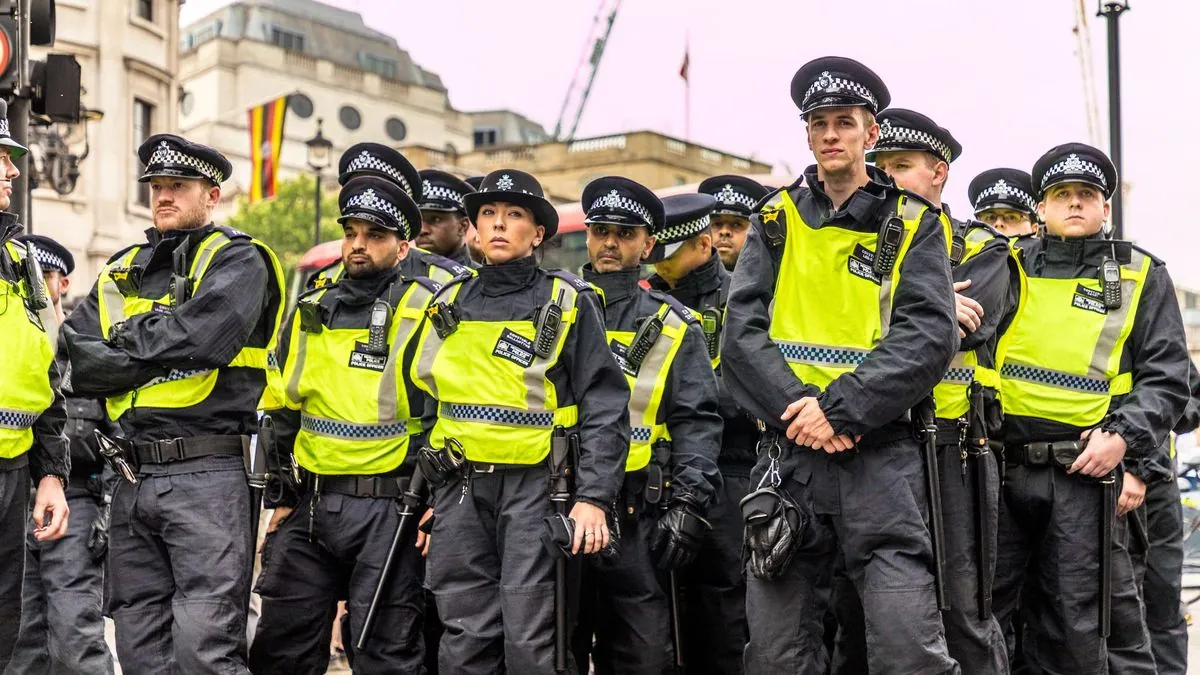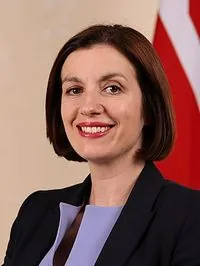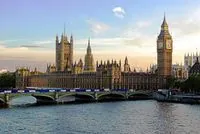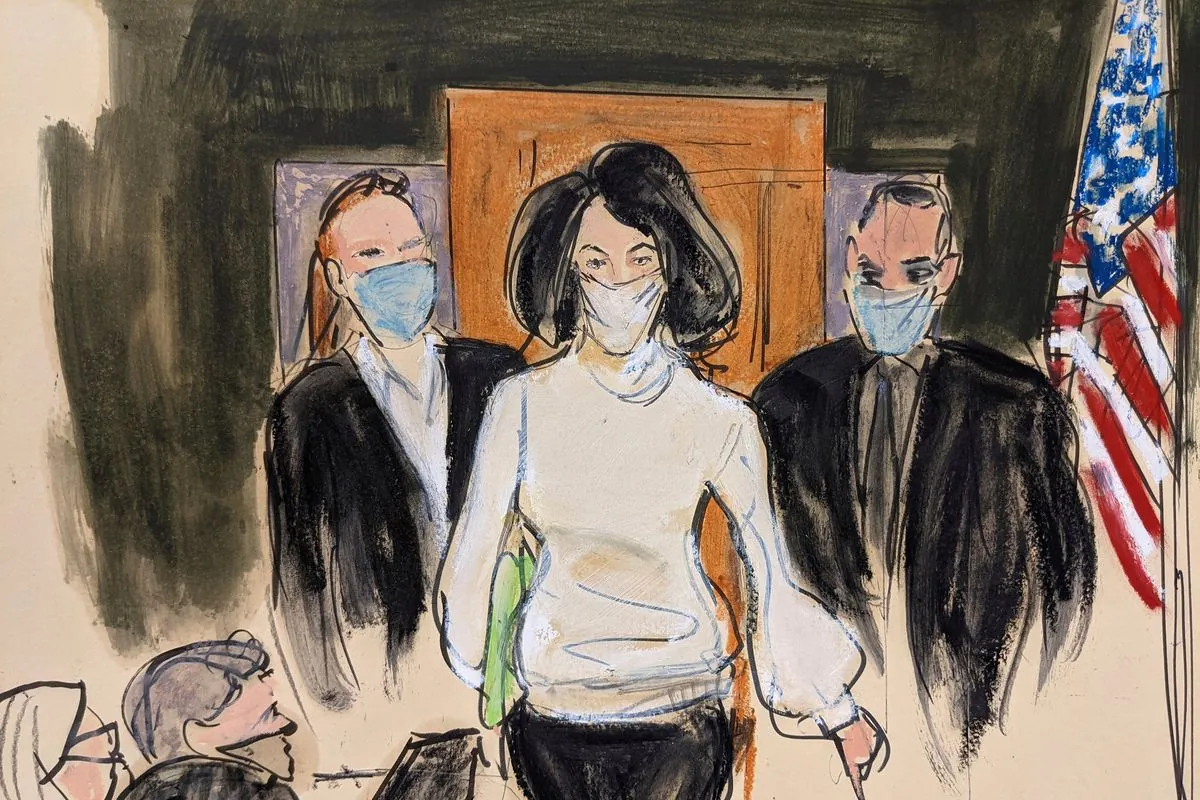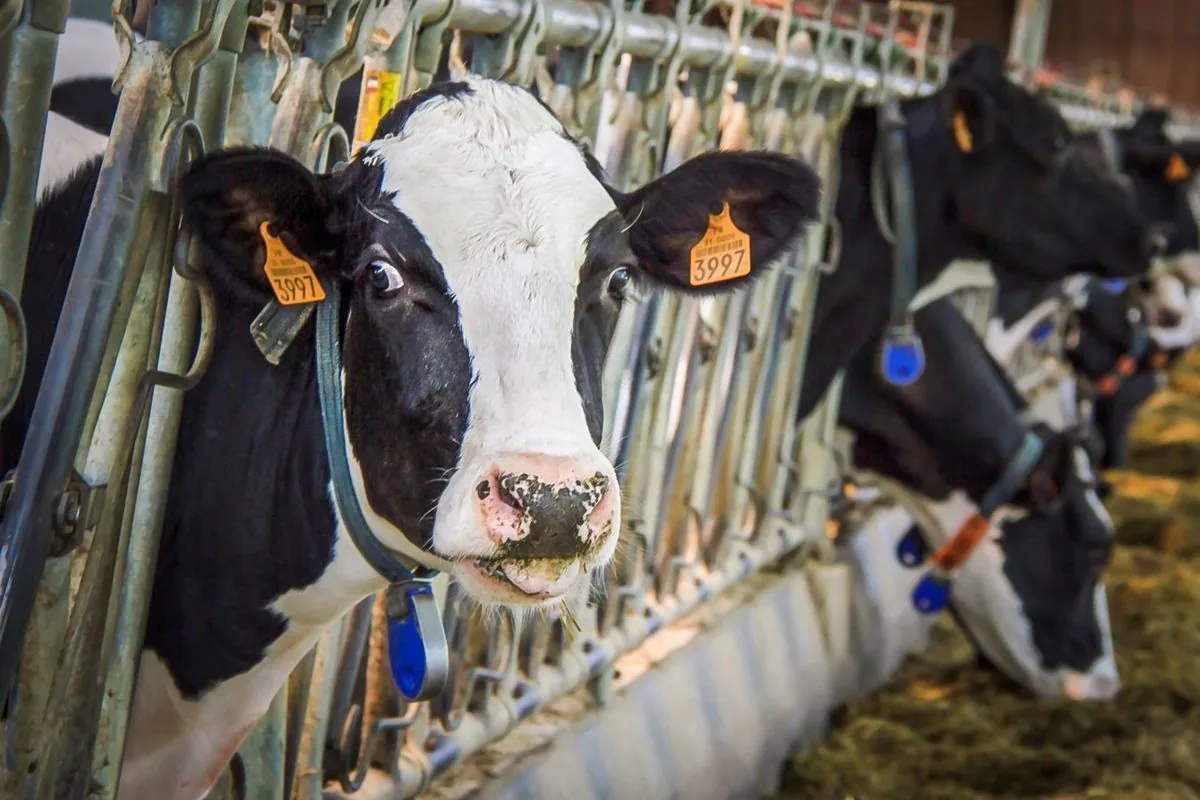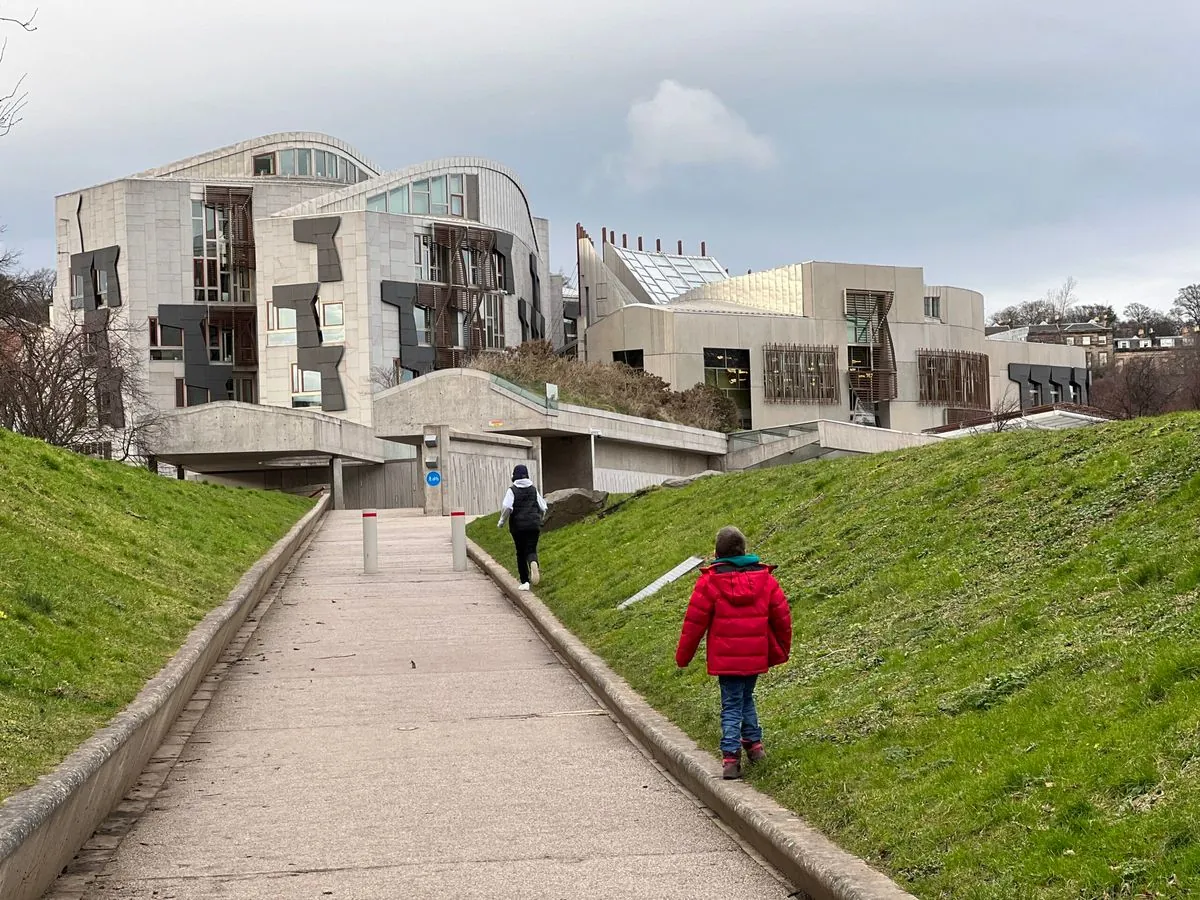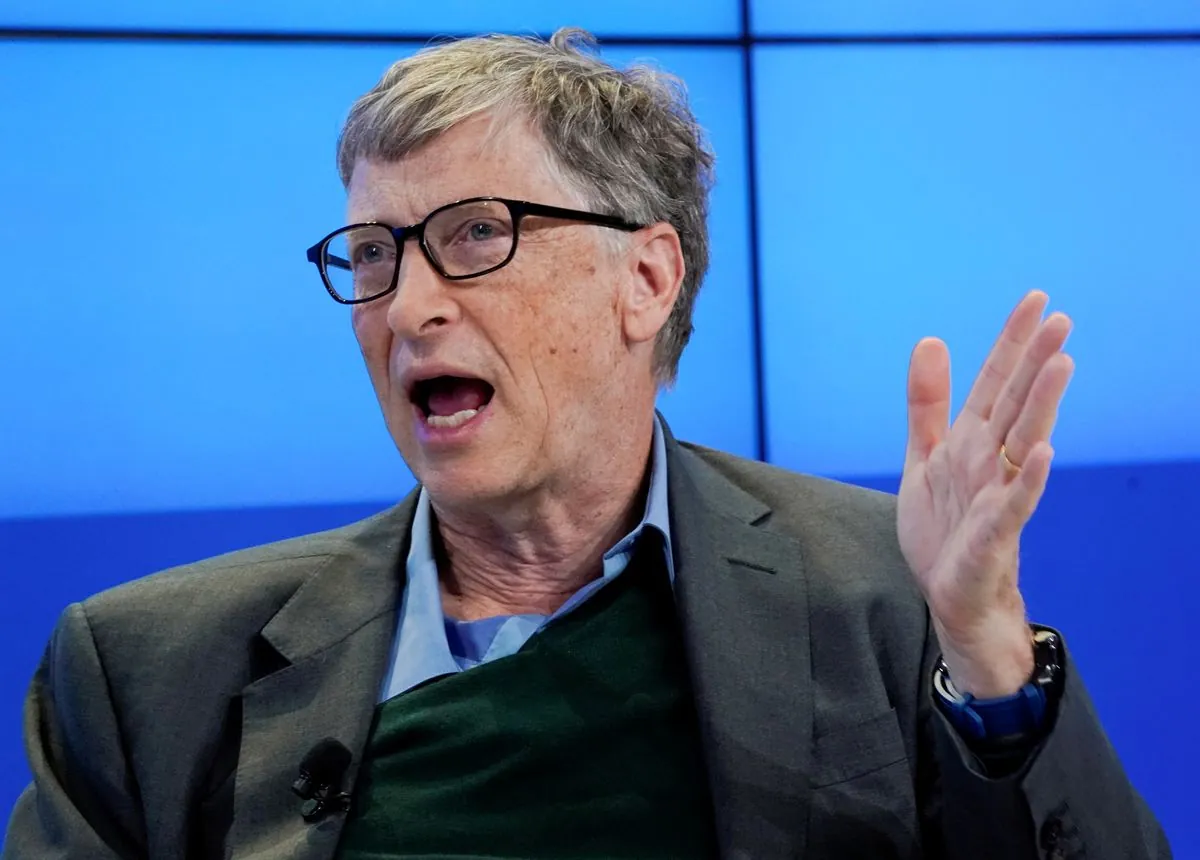Starmer's Popularity Plummets Amid Winter Fuel Payment Cuts
Sir Keir Starmer faces public backlash over winter fuel payment cuts, reaching a three-year low in popularity. Labour's policy decisions spark concerns about the party's direction and public confidence.
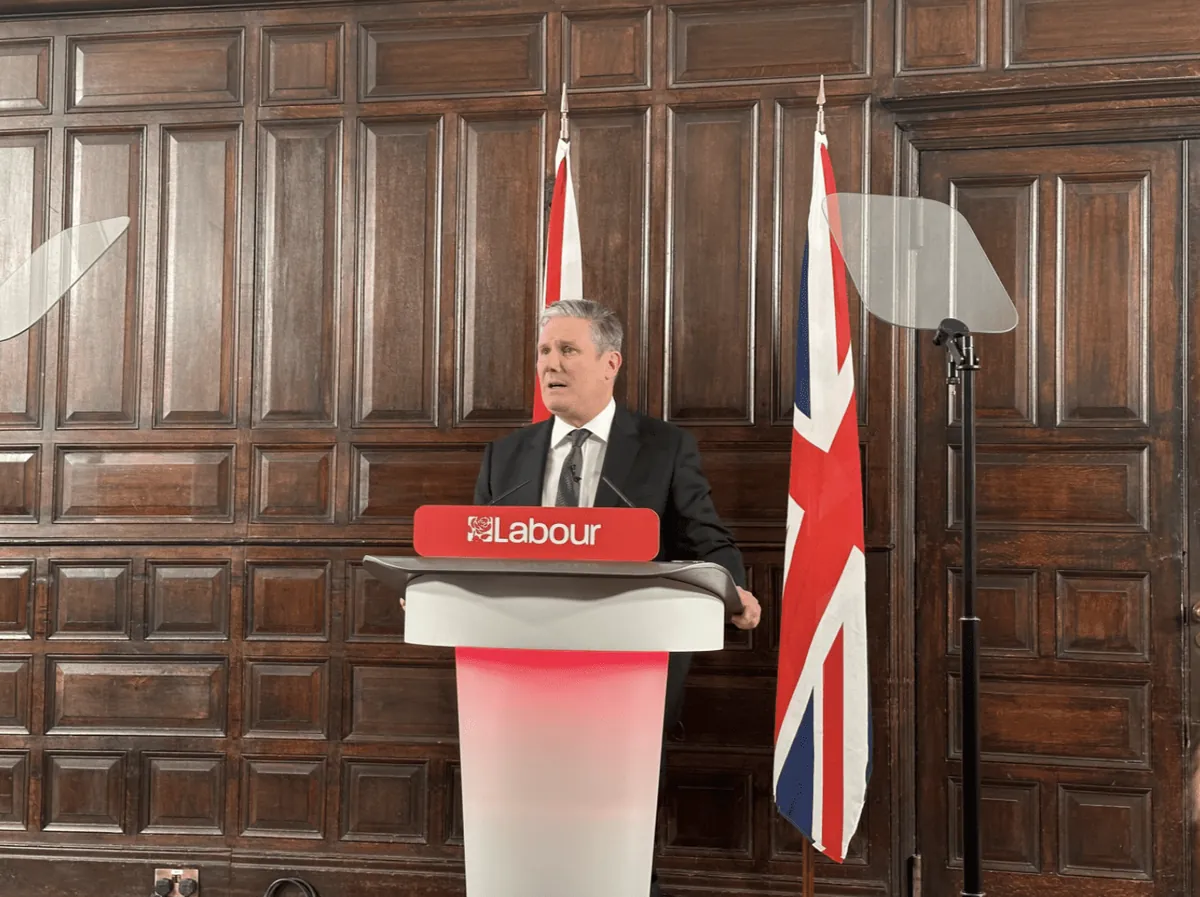
Recent polling data reveals a significant decline in Sir Keir Starmer's popularity, reaching its lowest point in three years. The Labour Party leader's decision to cut winter fuel payments has sparked public discontent, affecting his standing among voters.
According to the latest Ipsos monthly tracker, 46% of respondents now hold an unfavorable view of Starmer, matching his previous low in June 2021 following Labour's loss in the Hartlepool by-election. This marks a sharp decline from August 2024, with only 32% viewing him favorably, a six-point drop.
The controversial policy change, implemented by Starmer and Chancellor Rachel Reeves, has stripped approximately 10 million pensioners of their winter fuel payments. This benefit, originally introduced by Labour in 1997, will now be limited to pension credit claimants, raising concerns about potential fuel poverty for hundreds of thousands of elderly citizens.

Reeves' popularity has also taken a hit, with only 23% viewing her favorably, down four percentage points from the previous month. The Chancellor's refusal to rule out further benefits cuts in the upcoming October 30 Budget has added to public unease.
"It will be painful."
The Labour government's justification for the winter fuel payment cuts, citing a £22 billion financial deficit allegedly concealed by the previous Conservative administration, has done little to assuage public anger. Over 50 Labour MPs abstained from voting on the measure, highlighting internal party divisions.
Public sentiment regarding the country's direction has also soured, with 55% of respondents believing Britain is heading in the wrong direction. This represents a six-point increase since Labour's landslide victory in July 2024.
While support for Starmer and Labour remains stable among those who voted for the party in the recent election, Keiran Pedley, Ipsos' director of politics, warns of "early warning signs" for the government. The challenge now lies in balancing public expectations with the promise of change that secured Labour's victory.
In a comparison with other political figures, only Tom Tugendhat, the shadow security minister, scored a higher net favorability than Starmer, albeit with less public recognition. Robert Jenrick, James Cleverly, and Kemi Badenoch all received lower ratings than the Prime Minister.
As Labour navigates these challenges, they must address concerns about fuel poverty, especially given the UK's revised definition in 2021 that includes households spending a disproportionate amount of income on energy bills. The government's performance in the coming months will be crucial in shaping public opinion and maintaining the confidence that propelled them to power in July 2024.







